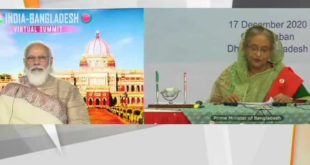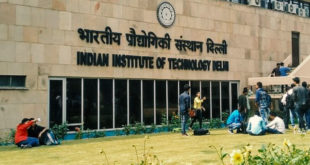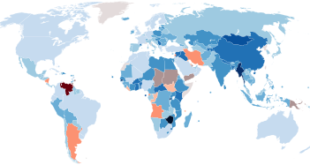CONTEXT:
27 E-Lok Adalats organized in 15 states.
BACKGROUND:
- During the pandemic-induced lockdown, the various legal services authorities adapted to the new normal and moved Lok Adalats to the virtual platform.
- From June to October, 27 E-Lok Adalats had been organised in 27 states leading to the disposal of more than 2.5 lakh cases.
- In November, such E-Lok Adalats were organised in Uttar Pradesh, Uttarakhand and Telangana which helped dispose of about 12600 cases.
- Not only do the E-Lok Adalats help people of the marginalised and weaker sections access justice during difficult times, they are also cost-effective as it eliminates the need for organisational expenses.
- The Lok Adalats are formed to fulfil the promise given by the preamble of the Indian Constitution– securing Justice – social, economic and political of every citizen of India.
- Article 39A of the Constitution provides for free legal aid to the deprived and weaker sections of the society and to promote justice on the base of equal opportunity.
- Articles 14 and 22(1) of the Constitution also make it compulsory for the State to guarantee equality before the law.
- In 1987, the Legal Services Authorities Act was enacted by the Parliament, which came into force on 9th November 1995 to establish a nationwide uniform network for providing free and competent legal services to the weaker sections of the society.
Lok Adalats
- A Lok Adalat is one of the substitute dispute redressal mechanisms.
- National Legal Services Authority alongside other Legal Services Institutions conducts Lok Adalats.
- It is a forum where cases or disputes incomplete in the court of law are compromised cordially.
Composition
- The Lok Adalat is chairman, two members, and one social worker.
- The chairman must be a sitting or retired judicial officer.
- The other two members should be a lawyer
Under the Legal Services Authorities Act, 1987 Lok Adalats have been given statutory status.
CONCLUSION:
- The Lok Adalat shall not decide the dispute so mentioned at its own instance, instead the same would be decided on the basis of the compromise between the parties.
- The members shall assist the parties in a sovereign and impartial manner in their attempt to reach a cordial settlement of their dispute
SOURCE: PIB
 Chinmaya IAS Academy – Current Affairs Chinmaya IAS Academy – Current Affairs
Chinmaya IAS Academy – Current Affairs Chinmaya IAS Academy – Current Affairs



